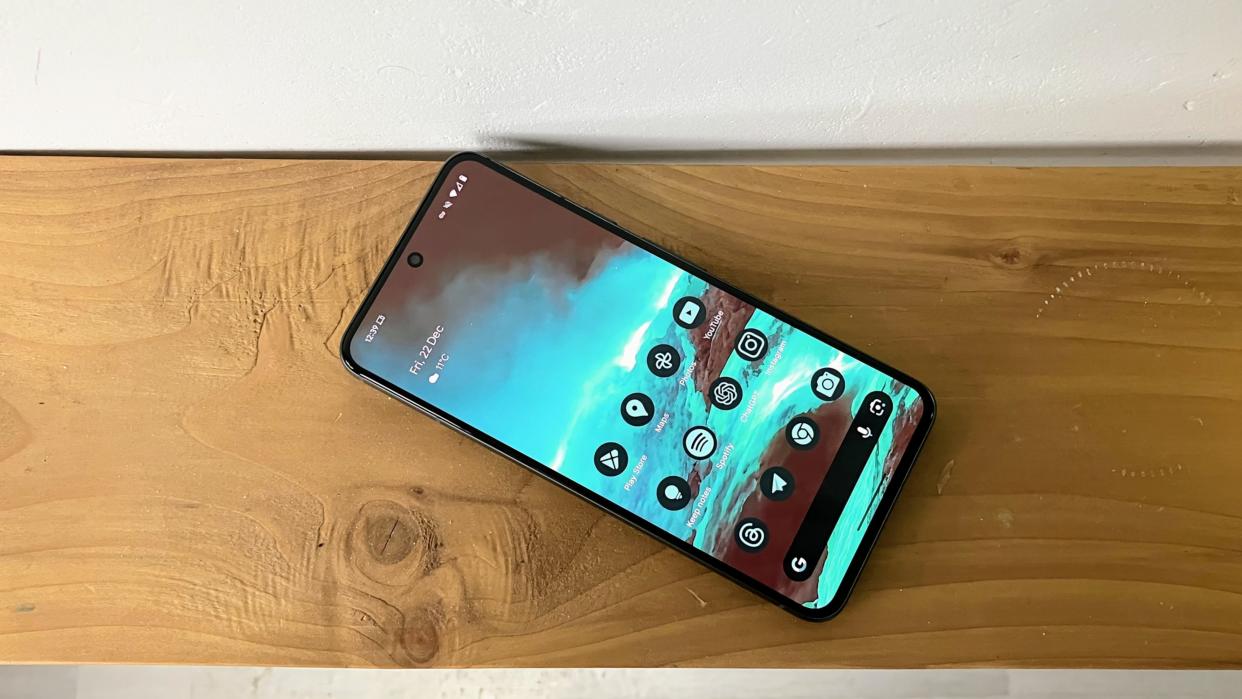Google's reported Windows Phone-esque desktop mode for Android isn't happening [Updated]

What you need to know
Remember Continuum from Windows Phone? A recent report suggests Google is trying to do the same (finally) with Android.
The report suggests Google is experimenting with leveraging ChromeOS to act as a desktop interface when connecting an Android device to an external display.
Just like Continuum (RIP), this could be a huge step in the workplace or for travel, even for Microsoft users.
Spoiler alert: I like Chromebooks. I also like Android, in fact, it was working on our sister site, Android Central, that gave me my first break in this industry. Windows Phone got its hooks in, though, and the rest is history. So imagine how much I smiled when a recent report shows, yet again, how our fallen favorite was years ahead of its time.
Android Authority's Mishaal Rahman has detailed an internal experiment at Google that's said to leverage ChromeOS (sort of) to act as a desktop environment when a Pixel phone is hooked up to a display.
It's not entirely the same as Continuum, in a sense that when we hooked up a Windows phone, we were just using the phone and its apps natively. This report suggests Google has built a special version of Chromium OS (the open source version of ChromeOS) that runs inside the Android Virtualization Framework. ChromeOS and Android are different platforms and Google has previously said it wouldn't merge them, so this seems like the best alternative.
Android Authority also has a first look at this actually working, albeit on the phone display only right now. But Google is said to have been showing it off to partners at a private event recently.
The overall idea isn't new, though, but it does feel very Continuum-esque. I also think it's a much better idea for projecting from a phone to an external display than something like Samsung DeX. ChromeOS is far better suited to using on a larger display, especially with web apps.
We've been here before
Yes, Windows Phone is dead, but we all still love to talk about it at any given opportunity. I'm actually surprised that it took Google this long to do something like this. The focus on using PWAs in ChromeOS makes it a perfect, lightweight desktop OS for less demanding needs. Our own Ben Wilson has recently explored PWAs properly for the first time, and he's hooked. As am I.
Continuum really was ahead of its time. The idea was insane, the execution shaky, but ultimately, headed to Microsoft's graveyard. The notion of being able to just use your phone like a computer though had many merits, and if Google pulls this off, the same will apply.
All of the Windows Central team had a good crack at using Continuum as much as possible. I remember making it my goal (and mostly successful, I might add) on a trip to Hong Kong and China to use my Lumia 950 XL hooked up to my hotel room TV instead of a laptop.
The world has moved on a lot since those days, though, and with PWAs as prevalent as they are now, a ChromeOS-based solution with an Android phone would, I think, be better overall than Continuum ever was. Microsoft has its own slate with the Office suite, and they're very good. The company has even worked with Google to make setting up Office and OneDrive on ChromeOS easier, and more integrated.
For travel, or for hooking up to a display and keyboard in your office, for example, something like this would be a lightweight, user-friendly productivity tool. We may no longer have our Windows phones, but its spirit will forever live on. For those, like me, that still pine for the good old days, it looks like Google might be giving us something to fill one more gap.

